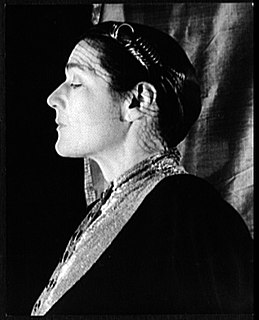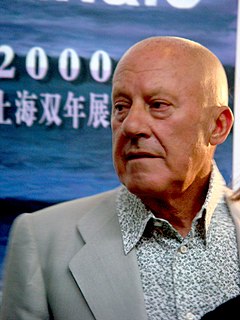A Quote by Sanjaya Baru
Like war, economics is more an art than a science.
Related Quotes
Gradually, ... the aspect of science as knowledge is being thrust into the background by the aspect of science as the power of manipulating nature. It is because science gives us the power of manipulating nature that it has more social importance than art. Science as the pursuit of truth is the equal, but not the superior, of art. Science as a technique, though it may have little intrinsic value, has a practical importance to which art cannot aspire.
My war - and I have yet to win a decisive battle - is with the modes of thought that and conditioned feelings that prevail in psychology and therefore also in the way we think and feel about our being. Of these conditions none are more tyrannical than the convictions that clamp the mind and heart into positivistic science (geneticism and computerism), economics (bottom-line capitalism), and single-minded faith (fundamentalism).




































